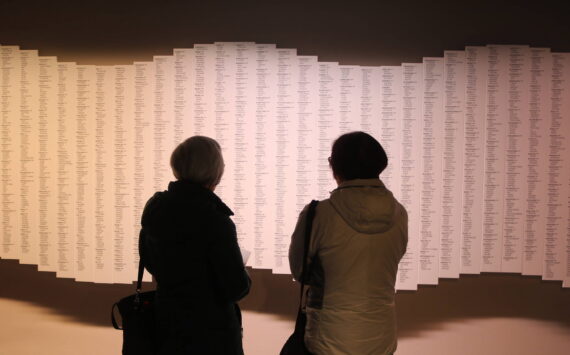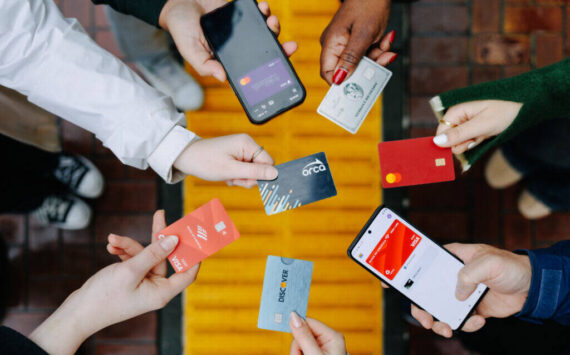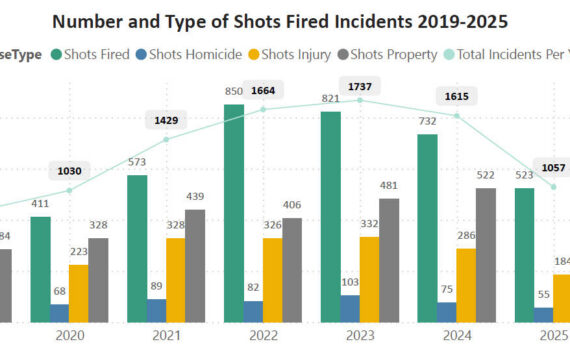If you were to exile me to a desert island (no, this is not a Survivor-themed column) and I were allowed just three books (see?), the first book I’d take would be The Lord of the Rings. The second book is a secret. And the third book would be The Heart of Rock and Soul, by Dave Marsh, in which that not-occasionally-completely-off-base rock critic (no Joplin? no Dead? no Nirvana?) chooses the 1,001 greatest singles ever.
I’m taking the Marsh because I’ll bet you bastards would exile me to a place with no radio reception and no Net connection. I can’t abide the idea of life without music—what, can you?—and if I can’t hear it played, I want at least to be reminded of songs I like so I can sing to myself in my private paradise. And lately I’m thinking about singles and how the Internet may well save music. Yes, music itself, the actual thing. Hear me out.
Marsh has a theory that singles— you remember singles—”do things that albums can’t. They can distill an essence, seize a moment, sum up a movement, galvanize an audience.” Of course, god help you if you want to buy a “single” these days. Singles are but loss leaders for albums, and albums are the unit of musical consumption the industry wishes to sell.
But albums are anomalies—a concept the industry foisted on us because it’s easier for them to manage. But couples don’t have “their album,” they have “their song” (“Play it, Sam, play side two”— um, no). Before recorded music, families didn’t gather ’round the piano and sing albums. Humming a song is cheery; humming an album is . . . obsessive. The record industry took something from us when they belched up the “album” concept: songs as a communal experience. (Oh, there were trade-offs for a time, like cool LP cover art, but to be honest, digging LP covers is a pursuit best left to the solitary and stoned.)
We fought back. We-the-people invented the cassette mix tape, the most popular form of musical creativity of the last quarter-century. Instead of singing to each other, we made collections of other people singing and gave those to each other. Women of my mother’s generation kept boxes of love letters and dried corsages; I have a mix tape from virtually every one of my ex-beaux.
You might remember that the music industry wasn’t too thrilled with blank tapes. In the ’80s, they fought to get blanks off the market or at least priced as high as prerecorded cassettes. The forces of sanity won, in a case that resonated years later when the industry attacked devices like the Rio MP3 player.
Ironic that my Rio means I’ll never make a mix tape again.
I’m a late adopter; I tried early Rios but didn’t fall in love until the 600 came out. Ironic again that the 600 is the first Rio to bear no resemblance to a Walkman—it’s cute and curvy and I love it truly, especially when I drop it on the floor and it doesn’t break.
Switching to digital has me thinking about the art of the mix. Sadly, skill at gauging within seconds how much music can fit on a 45-minute side is as obsolete as grace with a buggy whip—it’s a roster-building process now, as I load up 16 or so songs, play the set till one song annoys me, replace the annoyance with something else, and go on my merry way.
Make that our merry way. MP3 (and its handmaidens, Napster and Scour) means never having to say your collection is sorry. Metallica calls MP3-swapping an insult to their artistry. The RIAA calls it piracy. I call bullshit on both, because what they want to sell me isn’t what I want to buy.
Let me be clear: I don’t want to buy an entire album of Britney Spears to better dig Eminem’s enmity. I don’t want to buy an $18 “greatest hits” album for a band that had one hit. I don’t want to be seen in public buying any of those cheesy ’80s songs we all secretly love.
The MP3 battle isn’t about people not paying for music. The availability of MP3 makes me more apt to try new artists and hear songs that “somehow” haven’t made rotation on mainstream corporate-controlled radio, or to revisit stuff I liked before. The problem is that the industry in its greed and arrogance decided to make those things available to me only on its terms—terms that championed the sales unit known as the album, and made trivial the true and atomic measure of music that is the single song.
Save the songs. Download an MP3 today.




